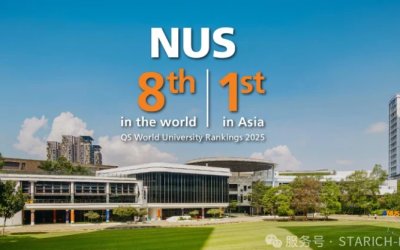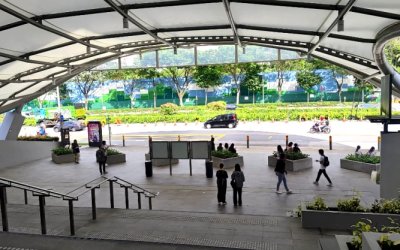小助手有話說
新加坡國立大學設計與工程學院(College of Design and Engineering, CDE)自2022年1月1日正式成立,學院前身為新國大兩所擁有60多年歷史的頂級學院—— 工程學院(FOE)和設計與環境學(SDE),利用兩個融合領域之間的協同作用,以提供一種新的跨學科教育模式。
新加坡國立大學高級副校長兼教務長 Ho Teck Hua 教授說:「在工程和設計的融合領域,專業人士必須能夠解決問題、創新、構建和實現他們的想法,並將其轉化為實用、實用和有吸引力的解決方案。完成這些需要學生的有適應性、創造力、靈活的思維與行為。我們看到了將兩所世界一流的學院(工程學院和設計與環境學院)聯合起來的絕佳機會,以開創一種獨特的跨學科本科教育模式,並利用這些領域之間的自然協同發揮作用。」

學院概況

合併前的工程學院是新加坡國立大學14個院系中規模最大的院系,從上世紀70年代末的300名學生髮展到今天的近1萬名師生。其既定課程已獲得國際認可,並得到了多方專業機構的肯定。
學院有10個科系:
建築系
生物醫學工程系
建築環境系
化學與生物分子工程系
土木與環境工程系
電機與電腦工程
工業設計系
工業系統工程與管理系
材料科學與工程系
機械工程系
根據2023QS世界大學學科排名,其中6個科系位列全球前十。
▎土木與環境工程系:全球第4位
▎化學與生物分子工程系:全球第6位
▎建築系:全球第7位
▎電子工程系:全球第10位
▎環境科學系:全球第10位
▎機械工程系:全球第10位

學院共開設14項本科學位與28項碩士學位。學院目前擁有8000餘名本科在讀學生,3000餘名碩士在讀學生;超過420位教職人員及近1100位科研人員。從師生規模來看,設計與工程學院(CDE)是新加坡國立大學最大的學院之一。

熱門學科

生物醫學工程
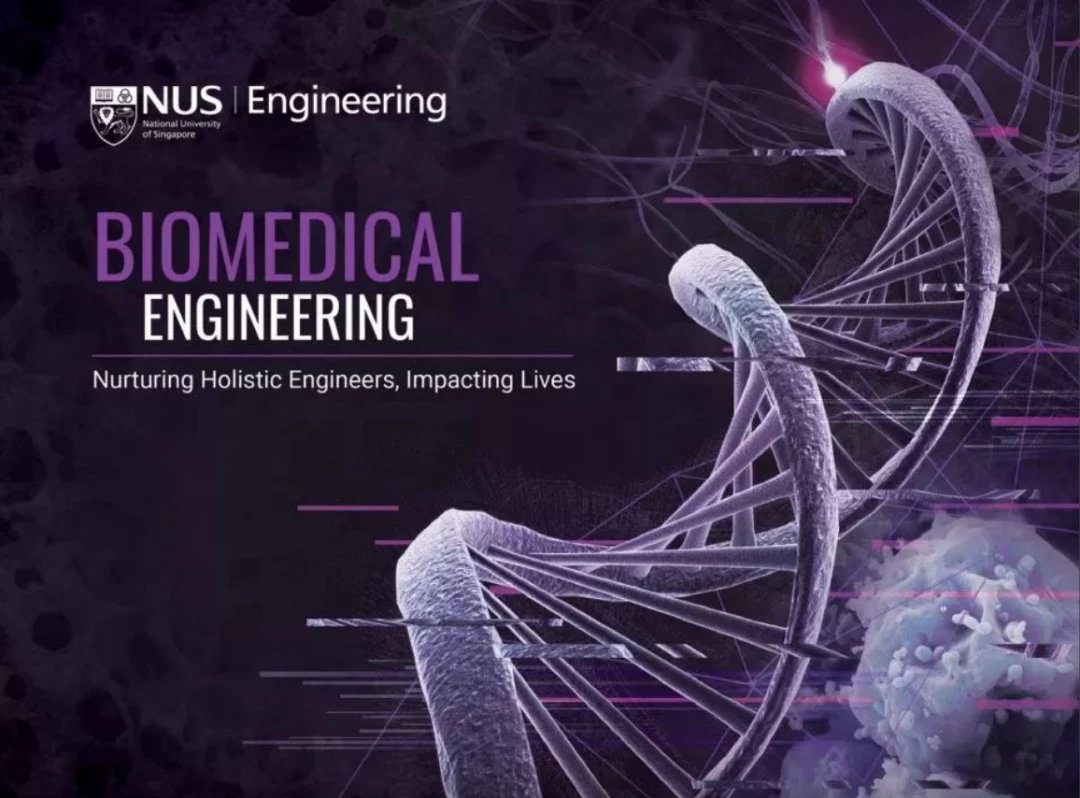
國大生物醫學工程系成立於2002年,其優秀的學術人員在工程學,生命科學和醫學領域擁有不同的背景,通過將工程學與生物醫學科學相結合來提供高質量的生物醫學工程教育,課程中非常重視工程設計。該系的研究方向主要分為:
Biomaterials / Regenerative Medicine
Biomedical Imaging
Micro/Nanotechnology
Biomechanics
Biomedical Robotics/Devices
化學和生物分子工程

作為世界上最大的化學工程系之一和新加坡最古老的化學工程系,在化學和生物分子工程的經典領域和新興領域都擁有強大的實力。該部門有5000多名校友,其中一些在行業和政府中擔任高層職位。
土木及環境工程
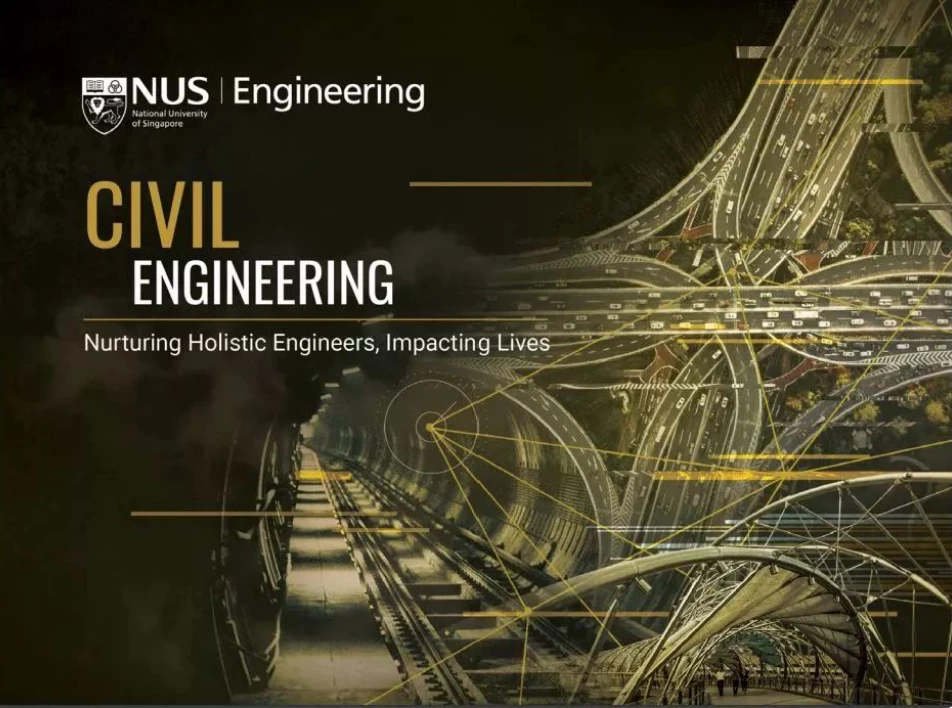
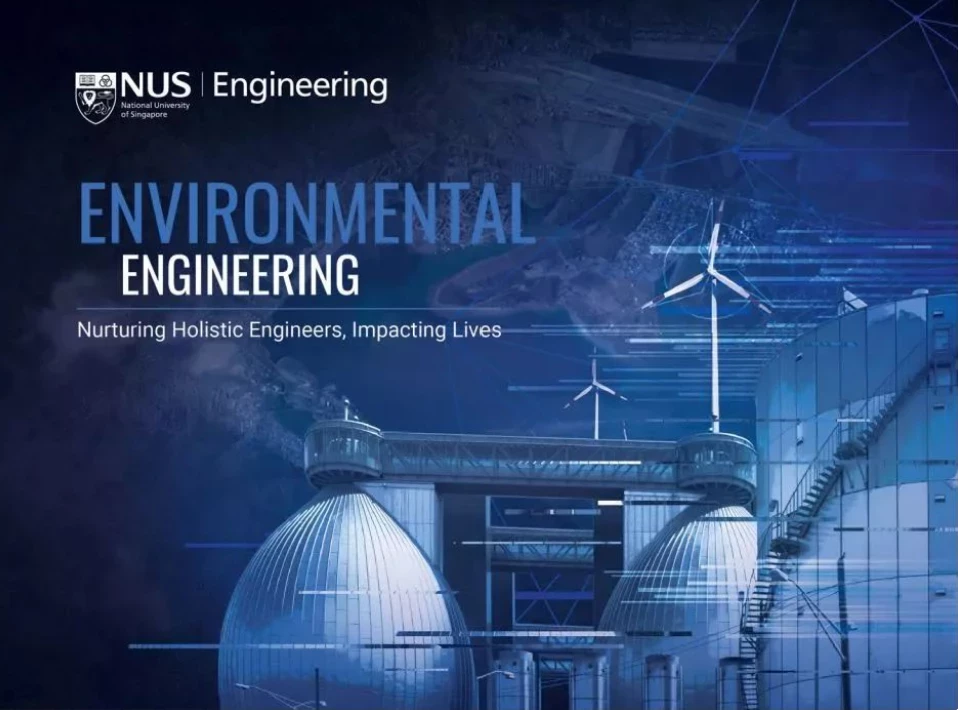
土木工程學系(CE)和環境科學與工程學系(ESE)於2010年11月合併,成立了土木與環境工程學系(CEE),該部門已超越劍橋大學和加利福尼亞大學伯克利分校。
主要研究領域為:
Offshore Engineering
Protective Engineering
Hazards, Risks and Mitigation
Structural Engineering
Geotechnical Engineering
Hydrology and Hydraulic Engineering
Infrastructure Systems
Environmental Engineering
電子與計算機工程
ECE是國大工程學院最大的系,擁有80多名終身制學科工作人員,以及1700名本科生,碩士生和博士生。教學非常注重科學和工程基礎知識,並具有高度的靈活性。
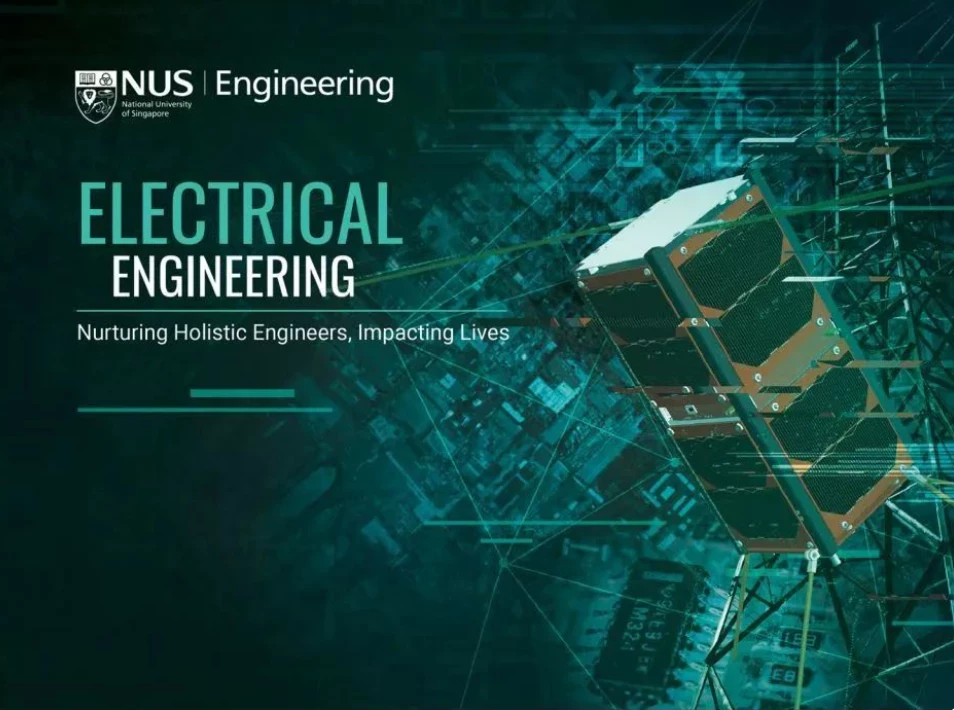
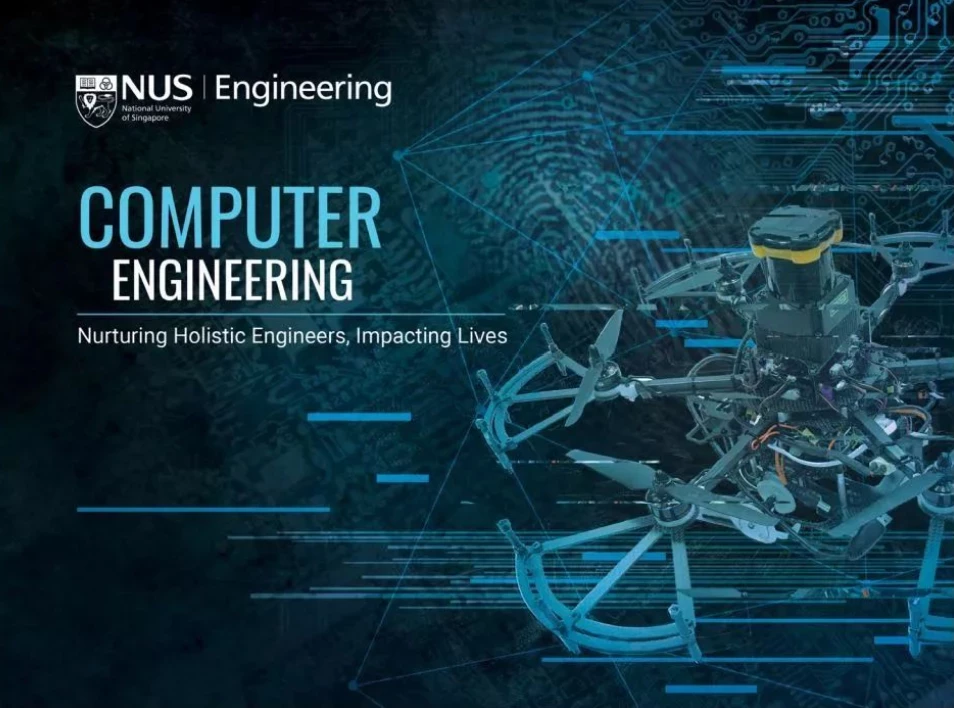
相關專業以及研究領域如下:
Communications & Networks
Communications
Networking
Cyber Security
Biomolecular and
Control, Intelligent Systems & Robotics
Biomedical Engineering
Control
Intelligent Systems
Robotics
Integrated Circuits & Embedded Systems
Biomedical
Internet of Things
Wearables
Hardware Security
Microelectronic Technologies & Devices
Novel Materials and Physics
Intelligent Sensor and MEMS
Spintronic Devices
Hybrid Integrated Flexible Electronic Systems (HiFES)
Microwave & Radio Frequency
Biomedical Electromagnetic
Wireless Photonic Devices
Translational Wireless Technologies
Metamaterials and Metasurface
Power and Energy
Power Electronics
Power Systems
Machines and Drives
Condition Monitoring
Signal Analysis & Machine Intelligence
Human Language Technology
Computational and Cognitive Neuroscience
Computer Vision and Machine Learning
工業系統工程與管理

來源:官網
ECE擁有80多名終身制學科工作人員,以及1700名本科生,碩士生和博士生。教學非常注重科學和工程基礎知識,並具有高度的靈活性。
相關專業以及研究領域如下:
Communications & Networks
Communications
Networking
Cyber Security
Biomolecular and Control, Intelligent Systems & Robotics Biomedical Engineering
Control
Intelligent Systems
Robotics
Integrated Circuits & Embedded Systems
Biomedical
Internet of Things
Wearables
Hardware Security
Microelectronic Technologies & Devices
Novel Materials and Physics
Intelligent Sensor and MEMS
Spintronic Devices
Hybrid Integrated Flexible Electronic Systems (HiFES)
Microwave & Radio Frequency
Biomedical Electromagnetic
Wireless Photonic Devices
Translational Wireless Technologies
Metamaterials and Metasurface
Power and Energy
Power Electronics
Power Systems
Machines and Drives
Condition Monitoring
Signal Analysis & Machine Intelligence
Human Language Technology
Computational and Cognitive Neuroscience
Computer Vision and Machine Learning
材料科學與工程
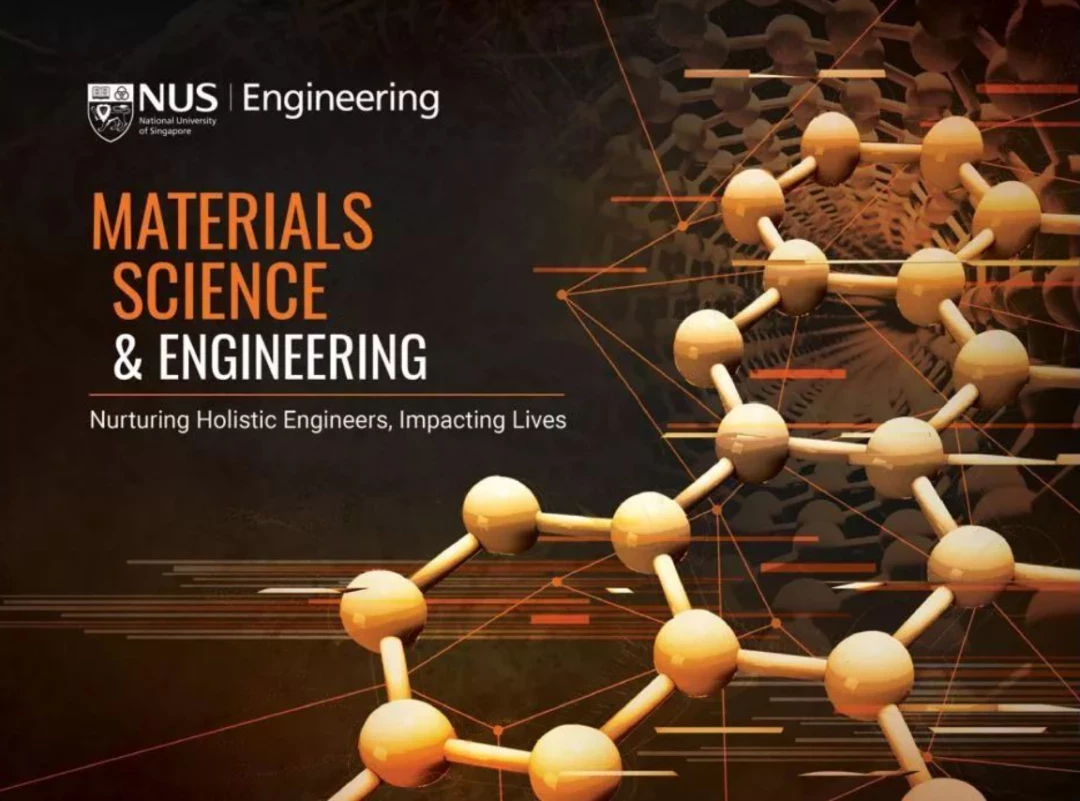
來源:官網
工業和系統工程系(ISE)於1972年在國大成立,是新加坡的第一個也是唯一的ISE計劃,在與工程技術管理部(ETM)合併後,更名為工業系統工程和管理部(ISEM)。


